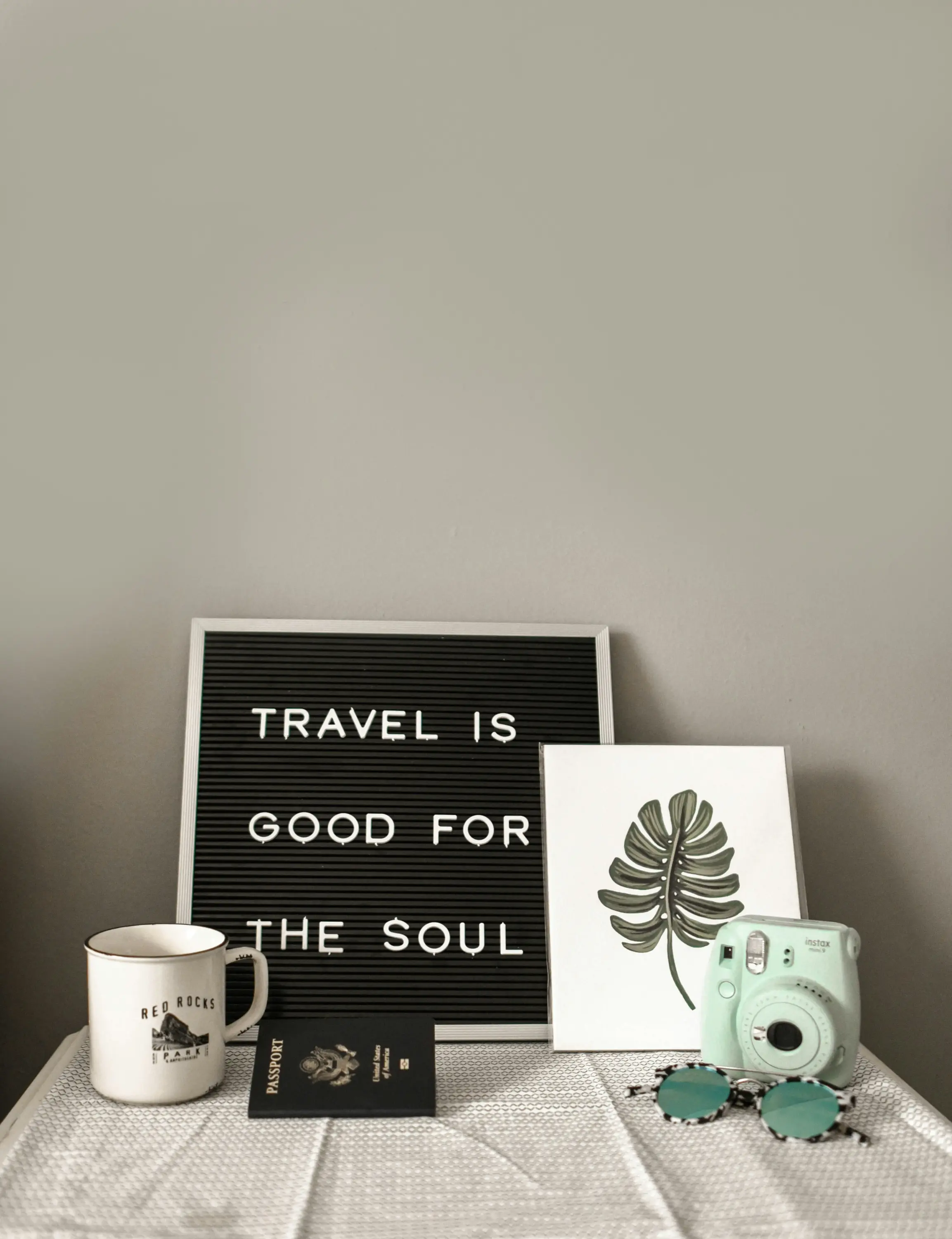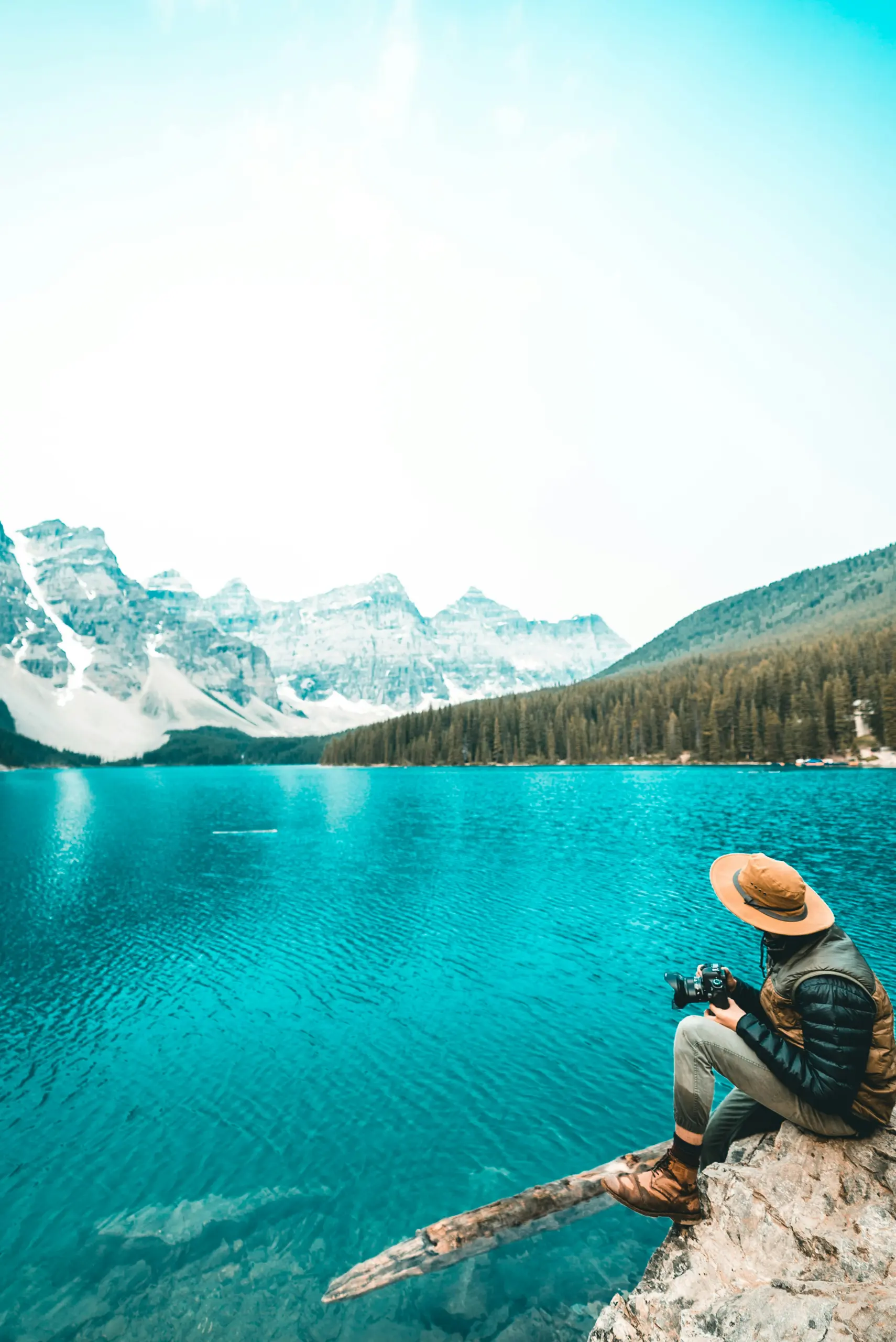Travel can often be a transformative agent in recovery from a personal crisis, whether that crisis is provoked by grief, anxiety, depression, or sudden life changes. There are industries and studies that show people who leave the familiar and enter into unknown territory benefit tremendously.
The Role of Physical Displacement
In one example, a young woman who was struggling with severe depression and suicidal thoughts took a 23-day solo trip through the United States and Hawaii. Away from her daily demands, she faced her vulnerability and tapped into her strength. She states, “I was put in situations to depend on myself… I learned a lot about myself in those 23 days.” In this example, travel is not a distraction, travel is a crucible where strength and self-reliance are forged.

Grief, Travel, and Healing
Traveling to locations dispersed from the epicenters of the loss can offer some help disentangling the grip of grief. One teacher, who was Canadian and living in Seoul, dealt with the loss of his best friend and even considered uprooting and leaving the country completely. Ultimately, however, he chose to stay—and eventually gone on a trip to Southeast Asia on his break; finally processing his grief, and having empathy and purpose brought back life to the void. “Travel gave me strength when I was weakest… It gave me light when I was begging for dark.” What was wrong was now a panoply of alternative routes; the unfamiliar is a mirror of pain and possibility.
Clinical Knowledge: The Cognitive Reboot
There is science to support these anecdotal stories. WebMD states travel has an effective way to relieve stress, boost creative thinking and elevate mood while providing a mental break. Research shows that anticipating a trip can also relieve stress, while new experiences may contribute to elevated cognitive functioning. Other literature suggest travel is akin to therapy – giving the mind a “reset button”, helping to improve psychiatric health, productivity and self-esteem.

Moving Outside of Our Comfort Zone
Traveling outside of one’s comfort zone increases confidence. One solo traveler described the need to trust and adapt in unfamiliar places, which in turn translated to skills relating to his everyday life back home. Travel can also push people into quiet contemplation, and perhaps a ground breaking moment of recognition—even while standing quietly in the Scottish moors, having just released his emotions with a yell of defiance.
Reframing Our Identity Through Culture
Travel enhances self-awareness through cultural differences. A teenager on a volunteer trek to Nepal climbed to a lookout on the Himalayas and reflected, “I felt an incredible sense of achievement… suddenly all the problems I’d experienced back home reseeded.” Traveling can restore perspective on how our own problems and disappointments are so small in lieu of the whole world. Release comes after this moment.

Trauma to Transformation
Matt Haig, author of The Midnight Library, courageously spoke about his experience of depression after a mental breakdown while in Ibiza. Travel became a therapeutic outlet, where he was able to heal emotionally, and become creatively alive again. The first time he traveled abroad after his breakdown was more than just healing, it acted as a pivot point toward living with purpose again.
Key Ingredients for Travel as A Turning Point
- Removal of daily stressors – a blank slate for contemplation
- Exposure to novelty – lift in creativity and engagement
- Challenge and flexibility – a boost in confidence
- Cultural understanding – another way to redefine the self-narrative
- Momentum – the mere anticipation of travel can be good for mental health even before you leave
Reflection Points and Warning Signs
- Travel is not a substitute for clinical treatment but can work alongside therapy and recovery routines.
- Attempt deeper immersive and reflective trips (solo hikes, volunteer program or cultures exchanges).
- Preparation is important: being realistic in your expectations (and goal-setting) can lead to more benefits.
- Be aware there may be potential emotional highs. Seek ways to integrate these insights once you return through journaling or therapy.
Final Thoughts
Travel can be both take a break and a restorative travel of the soul. Whether it’s a combative ally to grief, a defiance to anxiety, or simply an opportunity for a wider lens of self-awareness, travel provides an alternative space to turn one’s suffering into something useful in growth. Withessence, intention and support, travel can bring a transformative educational process; turn brokenness into breakthrough.




